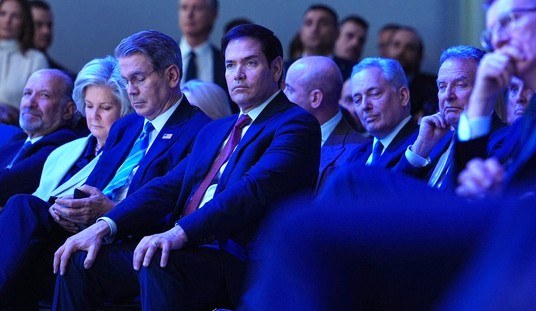The city of Seattle is providing the nation the economic-planning equivalent of a Funniest Home Video face-plant compilation movie. And it promises to be a doozy. Except for in this case, the face-plant is occurring to an entire city’s population and there’s no hope for a big cash prize at the end for those getting hurt. In fact, just the opposite is waiting for them. Unfortunately, the impact has already happened to some.
The first cause of the accident occurred in June 2014, when the city council unanimously agreed to increase the city’s minimum wage. At the time, a city councilman triumphantly said this:
"Seattle, and other cities, are taking direct action to close our nation's huge income gap because the federal and state governments have failed to do so. By significantly raising the minimum wage, Seattle's prosperity will be shared by more people and create a sustainable model for continued growth."
What's missing here is the acknowledgement that businesses and their profits drive income, not governmental action. Note also that the goal wasn't to increase the city's prosperity, but rather to just spread it around to a greater number people.
The second cause was due to the complicated law itself. It phases in over time, from April of this year through 2023. It's requirements also vary based upon additional benefits employees receive and the size of the business itself. Smaller businesses have more time before the increases kick in and larger ones can delay them by also offering health insurance. March Madness brackets have fewer boxes and options.
Celebrating the "win," another council member said this:
"We forced the city establishment to lift the wages of 100,000 low wage workers in Seattle – to transfer $3 billion from business to workers at the bottom of the wage scale over the next 10 years. We did this. Workers did this."
Recommended
The idea that the economic climate or the subject of those transfers and varied requirements, the businesses themselves, would change as a result of the new law obviously did not play a part of the discussion. Transfer that wealth, baby!
The first face-plant scene in the compilation occurred in February, when a recreational gear manufacturer announced it was moving some operations to Nevada. The owners specifically stated that the new wage law was the sole reason for the change. As an aside and mentioning it may be unnecessary, it is probably not accidental that the relocation occurred in a state without an income tax.
Multiple additional sequences of the compilation were announced this week. A number of restaurants across the city have recently closed their doors, according to Shift Washington, a local political action group. They quote Seattle Magazine in attributing the wage hike as a "major factor" in the decision to cease operation.
A spokesman for the Washington Restaurant Association described the situation eatery owners are facing like this:
"Every [restaurant] operator I’m talking to is in panic mode, trying to figure out what the new world will look like."
The most current stage in the accident occurred this week with the filing of a lawsuit in the local federal district court. A franchise trade group and five local businesses are seeking a temporary injunction to stop the part of the law that applies to larger businesses. They assert that local franchisees, which the law treats as part of the larger national chains with which they are associated, are unfairly discriminated against. In econ-speak, this is known as "economically unproductive activity"; in regular-speak, it's known as "wasting time and money."
At the time the law was passed, a writer at Slate said this: "The city is now on a course for history—and quite possibly a nasty collision with unintended consequences." Less than a year later, with the accident still in process and additional footage of its effects being collected by the day, we can certainly replace "possibly" with "certainly."

























Join the conversation as a VIP Member